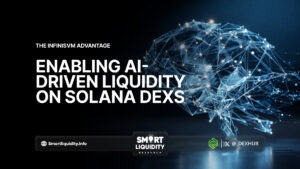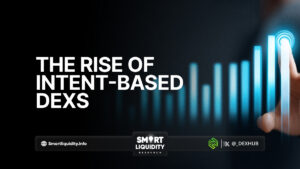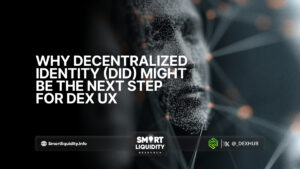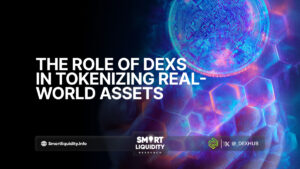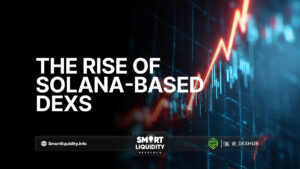The Role of Oracles in Decentralized Exchanges (DEXs)


Decentralized Exchanges (DEXs) have transformed the crypto landscape by allowing users to trade assets directly without intermediaries. Unlike centralized exchanges, DEXs rely on smart contracts and blockchain technology to facilitate peer-to-peer transactions. However, while DEXs operate within a decentralized ecosystem, they often face a critical challenge: accessing real-world data. This is where oracles come into play.
What Are Oracles?
Oracles are third-party services that provide external data to blockchains. Since smart contracts cannot fetch data outside their own networks, oracles act as bridges between on-chain and off-chain environments. For instance, they can deliver price feeds, weather reports, or any external event data necessary to execute smart contracts correctly.
Why DEXs Need Oracles
DEXs, especially those supporting automated market makers (AMMs), need accurate and real-time price data to ensure fair trading. Without oracles, a smart contract cannot determine the correct exchange rate between tokens. This can lead to mispricing, arbitrage attacks, and ultimately a loss of user trust.
Additionally, oracles help in managing decentralized finance (DeFi) services like lending, derivatives, and stablecoins within DEX platforms. Because these services require up-to-date information, oracles play an indispensable role in ensuring data reliability.
Types of Oracles
There are several types of oracles, such as:
Inbound Oracles: Provide data from the real world to the blockchain.
Outbound Oracles: Send data from the blockchain to external systems.
Software Oracles: Gather data from digital sources like APIs.
Hardware Oracles: Use physical devices to transmit data.
Consensus-Based Oracles: Aggregate information from multiple sources to ensure accuracy.
Challenges and the Future
Despite their importance, oracles can be a point of centralization and vulnerability. Therefore, projects are increasingly moving toward decentralized oracle networks (like Chainlink) to maintain trustlessness. As the DeFi sector continues to grow, so too will the demand for secure, fast, and reliable oracle services.
In conclusion, oracles serve as a vital component in the DEX ecosystem. By enabling smart contracts to interact with the real world, they ensure that decentralized platforms remain functional, accurate, and trustworthy.
Disclaimer:
This article is for informational purposes only and does not constitute financial advice. Readers are encouraged to conduct their own research and consult with a financial professional before making any investment decisions
